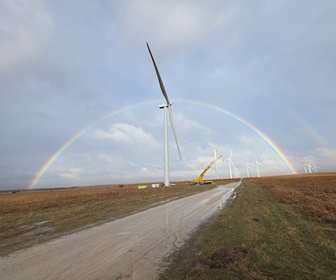The government of Sweden has rejected applications to build 13 offshore wind farms in the Baltic Sea, citing defence concerns, while approving one on its west coast.
The affected offshore wind developers include OX2, Eolus, Ørsted, RWE, Freja Offshore, Deep Wind Offshore and Statkraft. Most of their projects were at an early development stage with a total capacity of almost 32 GW.
Defence Minister Pal Jonson explained that constructing wind farms in the Baltic Sea poses defence risks, including difficulties in detecting and intercepting missiles using Sweden's Patriot batteries in the event of a conflict. Jonson stated that Baltic wind farms could reduce Sweden's missile reaction time to just one minute. He highlighted the proximity of Sweden's capital to the Russian exclave of Kaliningrad, emphasising the heightened security risks. To address future energy demands, the government plans to expand nuclear power, aiming for an additional 2,500 MW by 2035 and 10 new reactors by 2045. The government did approve the Poseidon wind farm off the west coast, expected to produce around 5.5 TWh annually. This project is the third offshore wind initiative approved since the government took office in 2022, with 10 more applications awaiting decisions.









